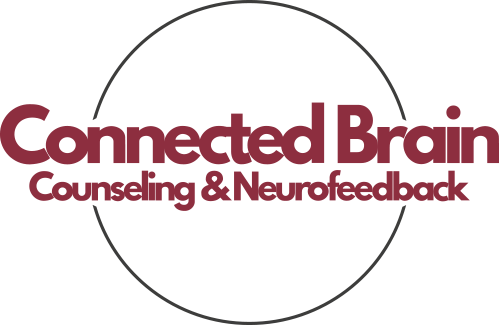Forms of Contempt in a Relationship
Contempt can manifest in various ways, often through both verbal and non-verbal communication. Here are some common forms of contempt:
- Sarcasm and Mockery Sarcasm and mockery are among the most common forms of contempt. When a partner uses sarcasm or makes mocking remarks, they belittle the other person, often in an attempt to feel superior or to diminish the other person’s feelings or opinions.
- Eye-Rolling and Sneering Non-verbal gestures like eye-rolling, sneering, or dismissive facial expressions convey contempt without words. These actions signal that one partner views the other as inferior or unworthy of respect, which can be just as damaging as verbal insults.
- Hostile Humor Joking at a partner’s expense, especially in front of others, can be a subtle but powerful form of contempt. Hostile humor may seem harmless, but it often hides underlying resentment or frustration and can erode trust and respect in the relationship.
- Name-Calling and Insults Direct name-calling or insults are blatant expressions of contempt. These attacks on a partner’s character or intelligence can severely damage self-esteem and create a toxic environment in the relationship.
- Dismissive Behavior Dismissing a partner’s feelings, thoughts, or concerns as unimportant or irrelevant is another form of contempt. This behavior invalidates the partner’s experiences and can lead to feelings of isolation and worthlessness.
The Impact of Showing Contempt in a Relationship
Contempt is corrosive to relationships, often leading to emotional distance, decreased intimacy, and increased conflict. When one partner consistently shows contempt, it creates a hostile environment where the other partner feels undervalued and disrespected. Over time, this can result in a breakdown of communication, trust, and emotional connection.
Why It’s Important to Address Contempt
Addressing contempt in a relationship is essential to maintaining a healthy and loving partnership. Ignoring or downplaying contemptuous behavior can lead to long-term damage and may ultimately result in the end of the relationship. By recognizing and addressing contempt early, couples can work to rebuild respect, improve communication, and strengthen their bond.
How to Overcome Contempt in a Relationship

Overcoming contempt requires effort and commitment from both partners. Here are some strategies to help reduce contempt in your relationship:
- Practice Self-Awareness Recognizing your own contemptuous behaviors is the first step toward change. Reflect on how you interact with your partner and make a conscious effort to replace negative behaviors with positive, respectful communication.
- Improve Communication Effective communication is key to reducing contempt. Practice active listening, where you genuinely hear and understand your partner’s perspective. Express your own feelings and needs calmly and respectfully.
- Seek Professional Help Couples therapy can be invaluable in overcoming contempt. A skilled therapist can help you and your partner identify the root causes of contempt and develop healthier ways of interacting. Therapy provides a safe space to express your feelings and work through conflicts.
- Focus on Positive Interactions Make an effort to engage in positive interactions with your partner. Show appreciation for their qualities and contributions to the relationship. This can help counterbalance negative feelings and build a stronger, more respectful connection.
Gottman, J. M., & Silver, N. (1999). The Seven Principles for Making Marriage Work. New York: Harmony Books. This book provides insights into the dynamics of relationships, including the harmful effects of contempt.
Markman, H. J., Stanley, S. M., & Blumberg, S. L. (2010). Fighting for Your Marriage: A Deluxe Revised Edition of the Classic Best-seller for Enhancing Marriage and Preventing Divorce. San Francisco: Jossey-Bass. This resource explores communication strategies to avoid destructive behaviors like contempt.
Lisitsa, E. (2013). The Four Horsemen: Contempt. The Gottman Institute. An article detailing the destructive impact of contempt in relationships and how to address it.
If you’re struggling with contempt in your relationship, don’t wait until it causes irreparable harm. Contact Connected Brain Counseling today to schedule a free consultation and start working toward a healthier, more respectful partnership.





